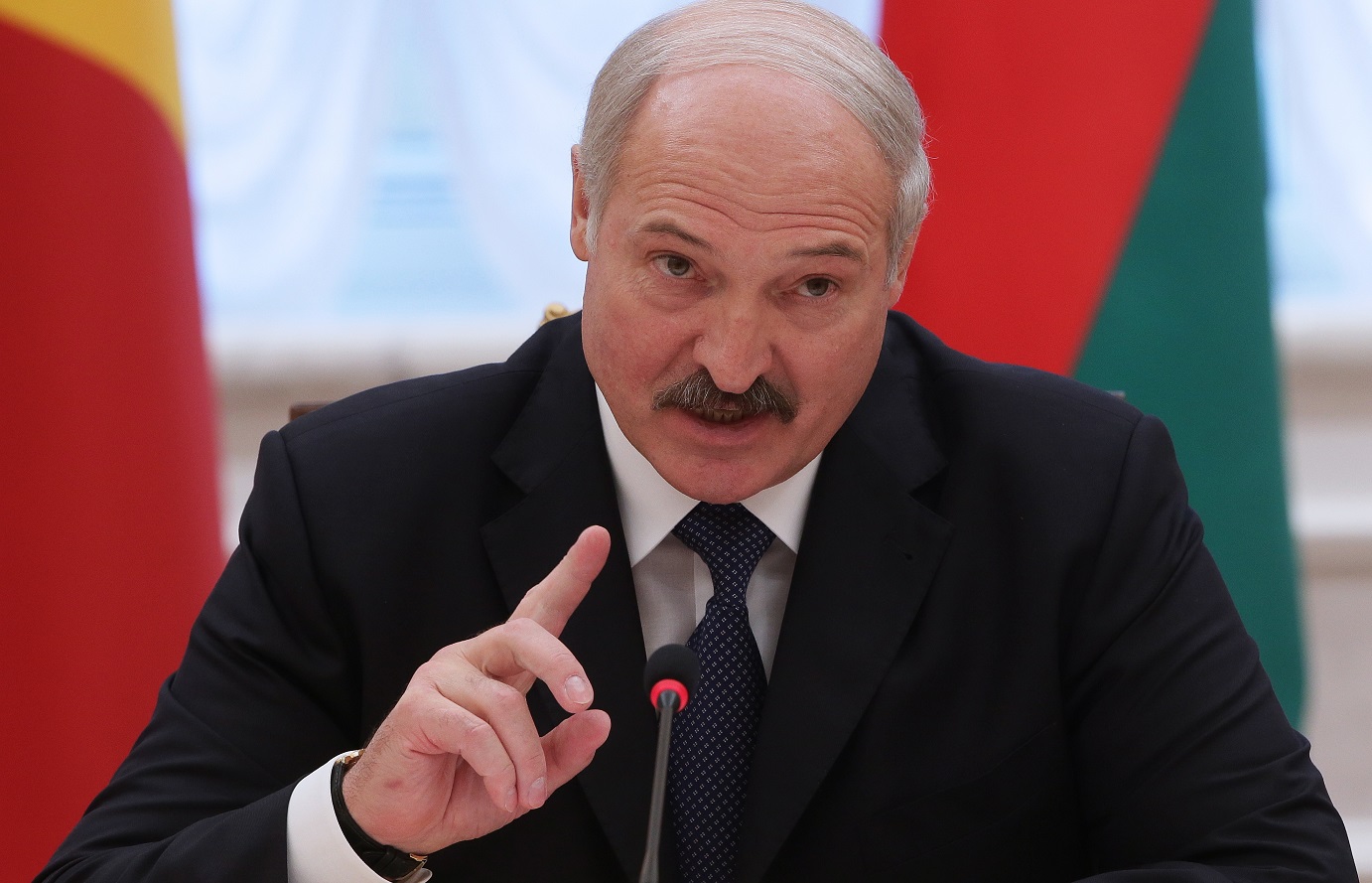Lukashenka retains monopoly in determining security policy of Belarus
 The situation has gotten better
The situation has gotten better

Lukashenka has demonstrated that he is the key figure in determining Belarus’ security policy. A public support for Azerbaijan in strengthening its defence capacity, and the dismissal of the leadership of a key special service have proved his confidence and ability to control the situation in Belarus and in the power block.
On October 9th, 2017, President Lukashenka met with Azeri Defence Minister Colonel-General Zakir Hasanov in Minsk. During the meeting, he confirmed Minsk’s intention to develop military-technical cooperation with Baku. Simultaneously, Lukashenka stated that if Belarus could do anything for Azerbaijan’s security, she would do so. Among other products of the Belarusian military-industrial complex, the Azerbaijani delegation inspected the MLRS Polonaise, which could be regarded as an operational and tactical missile system capable of influencing the balance of military forces in the region.
On October 13th, 2017, Lukashenka dismissed the leadership of the Operational Analytical Centre until the end of investigation of some discrediting facts, which have not been disclosed. The OAC is believed to be closest special service to the Belarusian leader. Among other tasks, it monitors activity and behaviour of high-ranking Belarusian officials. With his decision, Lukashenka has demonstrated that no one was irreplaceable and that he was ready and capable of making tough decisions against any official, including heads of the power block.
Preserving the monopoly on determining the Belarusian security policy is of crucial importance for Lukashenka. The president is likely to retain full control over the country’s foreign and domestic policies in the future. Hence, Minsk would resist any attempt to impose any decision in the security field from the outside. President Lukashenka is likely to continue to focus on strengthening the performance discipline and ensuring full loyalty of the Belarusian power block.
Subscribe to our newsletter




Situation in Belarus
Constitutional referendum: main consequences


 Video
Video
How to count the political prisoners: are the new criteria needed?


 Video
Video
Paternalism In Decline, Belarusian Euroscepticism, And The Influence Of Russia


 Video
Video












